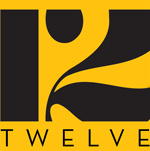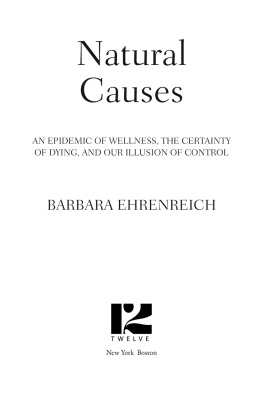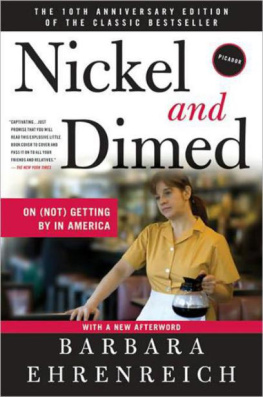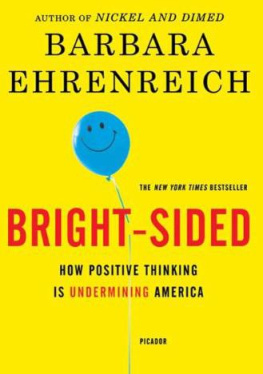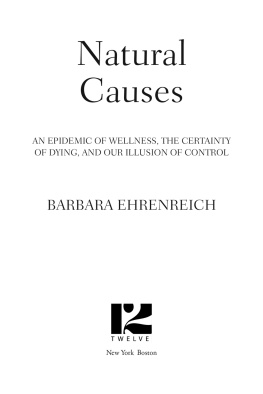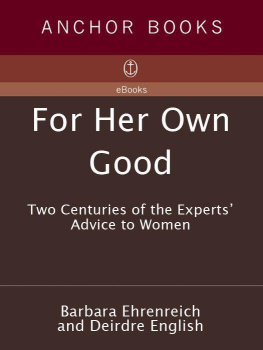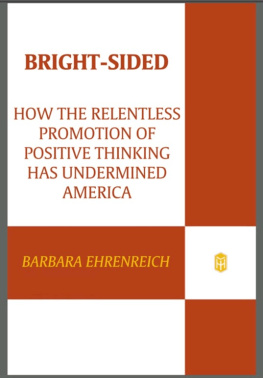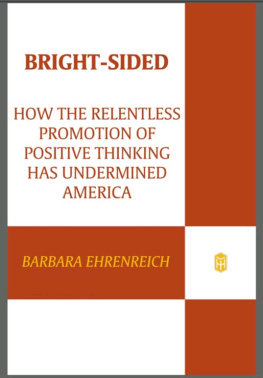Barbara Ehrenreich - Had I Known: collected essays
Here you can read online Barbara Ehrenreich - Had I Known: collected essays full text of the book (entire story) in english for free. Download pdf and epub, get meaning, cover and reviews about this ebook. year: 2020, publisher: Grand Central Publishing, genre: Home and family. Description of the work, (preface) as well as reviews are available. Best literature library LitArk.com created for fans of good reading and offers a wide selection of genres:
Romance novel
Science fiction
Adventure
Detective
Science
History
Home and family
Prose
Art
Politics
Computer
Non-fiction
Religion
Business
Children
Humor
Choose a favorite category and find really read worthwhile books. Enjoy immersion in the world of imagination, feel the emotions of the characters or learn something new for yourself, make an fascinating discovery.
- Book:Had I Known: collected essays
- Author:
- Publisher:Grand Central Publishing
- Genre:
- Year:2020
- Rating:4 / 5
- Favourites:Add to favourites
- Your mark:
- 80
- 1
- 2
- 3
- 4
- 5
Had I Known: collected essays: summary, description and annotation
We offer to read an annotation, description, summary or preface (depends on what the author of the book "Had I Known: collected essays" wrote himself). If you haven't found the necessary information about the book — write in the comments, we will try to find it.
Had I Known: collected essays — read online for free the complete book (whole text) full work
Below is the text of the book, divided by pages. System saving the place of the last page read, allows you to conveniently read the book "Had I Known: collected essays" online for free, without having to search again every time where you left off. Put a bookmark, and you can go to the page where you finished reading at any time.
Font size:
Interval:
Bookmark:
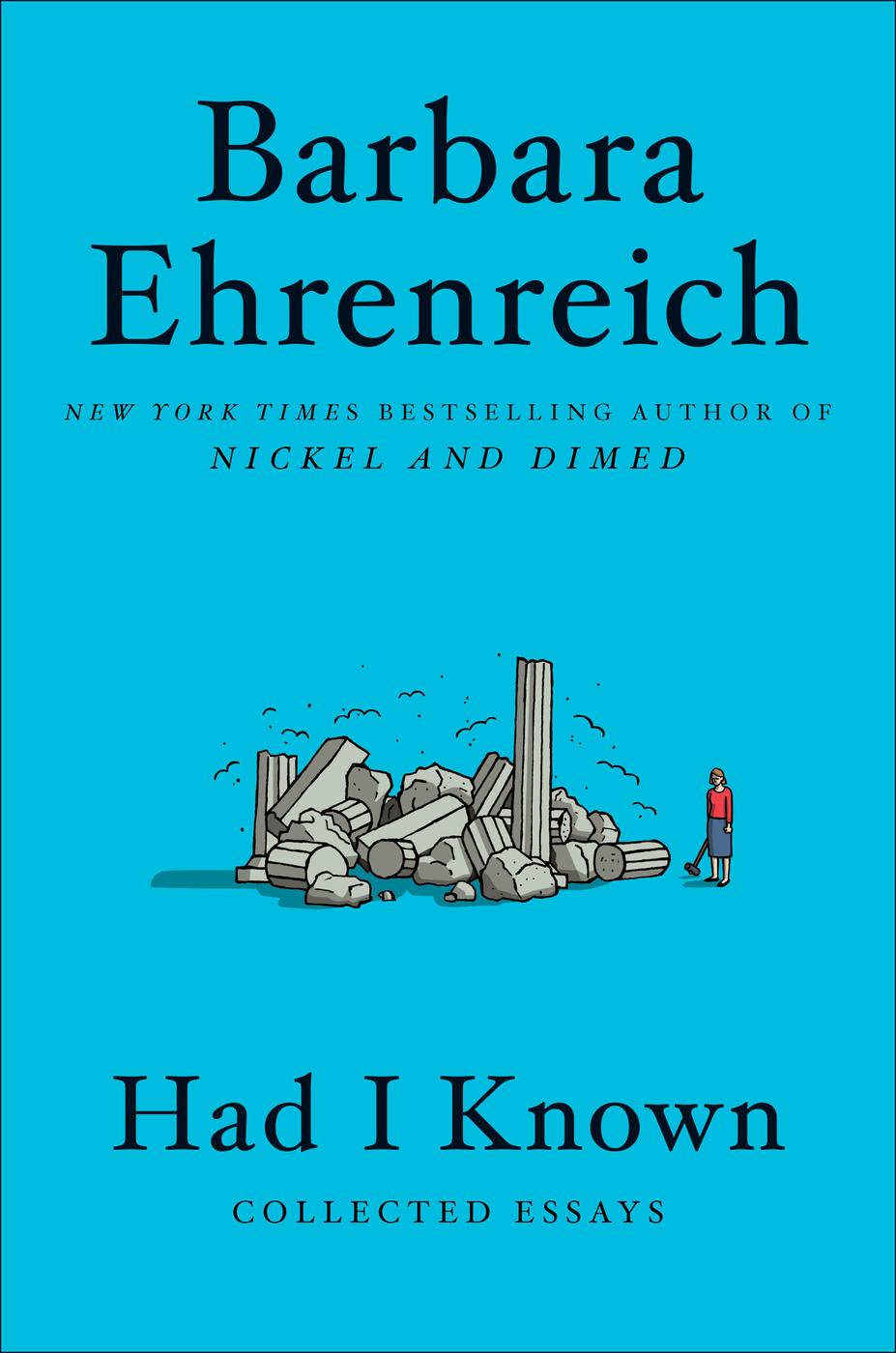
Compilation copyright 2020 by Barbara Ehrenreich
Jacket copyright 2020 by Hachette Book Group, Inc.
Hachette Book Group supports the right to free expression and the value of copyright. The purpose of copyright is to encourage writers and artists to produce the creative works that enrich our culture.
The scanning, uploading, and distribution of this book without permission is a theft of the authors intellectual property. If you would like permission to use material from the book (other than for review purposes), please contact permissions@hbgusa.com. Thank you for your support of the authors rights.
Twelve
Hachette Book Group
1290 Avenue of the Americas, New York, NY 10104
twelvebooks.com
twitter.com/twelvebooks
The essays in this collection were previously published and may have been slightly revised for this edition.
First Edition: March 2020
Twelve is an imprint of Grand Central Publishing. The Twelve name and logo are trademarks of Hachette Book Group, Inc.
The publisher is not responsible for websites (or their content) that are not owned by the publisher.
The Hachette Speakers Bureau provides a wide range of authors for speaking events. To find out more, go to www.hachettespeakersbureau.com or call (866) 376-6591.
Additional copyright/credits information is .
LCCN: 2019950073
ISBNs: 978-1-4555-4367-0 (hardcover), 978-1-4555-4368-7 (ebook)
E3-20191223-NF-DA-ORI
Explore book giveaways, sneak peeks, deals, and more.
Tap here to learn more.

Back in the fat yearstwo or three decades ago, when the mainstream media were boomingI was able to earn a living as a freelance writer. My income was meager, and I had to hustle to get it, turning out about four articlesessays, reported pieces, reviewsa month at $1 or $2 a word. One of the things I wanted to write about, in part for obvious personal reasons, was poverty and inequality, but Id do just about anythinglike, I cringe to say, The Heartbreak Diet for a major fashion magazineto pay the bills.
It wasnt easy to interest glossy magazines in poverty in the 1980s and 90s. I once spent two hours over an expensive lunchpaid for, of course, by a major publicationtrying to pitch to a clearly indifferent editor who finally conceded, over decaf espresso and crme brle, OK, do your thing on poverty. But can you make it upscale? (Yes, I found a way to do this.) Then there was the editor of a quite liberal magazine who responded to my pitch for a story involving blue-collar men by asking, Hmm, but can they talk? (Actually, my husband was one of them.)
I finally got lucky at Harpers, where fabled editor Lewis Lapham gave me an assignment that turned into a book, which in turn became a best seller, Nickel and Dimed: On (Not) Getting By in America. Thanks to the royalties and subsequent speaking fees, at last I could begin to undertake projects without concern for the pay, just because they seemed important to me. This was the writing life I had always dreamed ofadventurous, obsessively fascinating, and sufficiently remunerative that I could help support less affluent members of my family.
In the years that followed, I wrote about Americas shifting class contours, the criminalization of poverty, sexual harassment, the racial wealth gap, as well as any other subject that attracted mefrom the automation of war to Americans apparent belief that they can live forever if only they eat the right combination of veggies and nuts. I paid my bills and, better yet, I was having fun.
Meanwhile, though I didnt see it at first, the world of journalism as I had known it was beginning to crumble around me. Squeezed to generate more profits for billionaire newspaper owners and new media conglomerates, newsrooms laid off reporters, who often went on to swell the crowds of hungry freelancers. Once-generous magazines shrank or slashed their freelance budgets; there were no more free lunches.
True, the internet was filled with a multiplicity of new outlets to write for, but paying writers or other content providers turned out not to be part of their business plan. I saw my own fees at one major news outlet drop to one-third of their value between 2004 and 2009. I heard from younger journalists who were scrambling for adjunct jobs or doing piecework in corporate communications. But I determined to carry on writing about the subjects that gripped me, especially poverty and inequality, even if I had to finance my efforts entirely on my own. And I felt noble for doing so.
Then, as the kids say today, I checked my privilege. I realized that there was something wrong with an arrangement whereby a relatively affluent person, such as I had become, could afford to write about minimum-wage jobs, squirrels as an urban food source, or the penalties for sleeping in parks, while the people who were actually experiencing these sorts of things, or were in danger of experiencing them, could not.
In the last few years, Ive gotten to know a number of people who are at least as qualified writers as I am, especially when it comes to the subject of poverty, but whove been held back by their own poverty. Theres Darryl Wellington, for example, a local columnist (and poet) in Santa Fe who has, at times, had to supplement his tiny income by selling his plasmaa fallback that can have serious health consequences. Or Joe Williams, who, after losing an editorial job, was reduced to writing for $50 a piece for online political sites while mowing lawns and working in a sporting goods store for $10 an hour to pay for a room in a friends house. Linda Tirado was blogging about her job as a cook at IHOP when she managed to snag a contract for a powerful book titled Hand to Mouth (for which I wrote the preface). Now she is working on a multimedia mentoring project to help other working-class journalists get published.
There are many thousands of people like thesegifted journalists who want to address serious social issues but cannot afford to do so in a media environment that thrives by refusing to pay, or pay anywhere near adequately, its content providers. Some were born into poverty and have stories to tell about coping with low-wage jobs, evictions, or life as a foster child. Others inhabit the once-proud urban creative class, which now finds itself priced out of its traditional neighborhoods, like Park Slope or LAs Echo Park, scrambling for health insurance and child care, sleeping on other peoples couches. They want to writeor do photography or make documentaries. They have a lot to say, but its beginning to make more sense to apply for work as a cashier or a fry cook.
This is the real face of journalism today: not million-dollar-a-year anchorpersons, but low-wage workers and downwardly spiraling professionals who cant muster up expenses to even start on the articles, photo essays, and videos they want to do, much less find an outlet to cover the costs of doing them. You cant, as I learned from Darryl Wellington, hop on a plane to cover a police shooting in your hometown if you dont have a credit card.
This impoverishment of journalists impoverishes journalism. We come to find less and less in the media about the people who work from paycheck to paycheck, as if 80 percent of the population had quietly emigrated while the other 20 percent wasnt looking. Media outlets traditionally neglected stories about the downtrodden because they dont sit well on the same page with advertisements for diamonds and luxury homes. And now there are fewer journalists on hand at major publications to arouse the conscience of editors and other gatekeepers. Coverage of poverty accounts for less than 1 percent of American news, or, as former
Font size:
Interval:
Bookmark:
Similar books «Had I Known: collected essays»
Look at similar books to Had I Known: collected essays. We have selected literature similar in name and meaning in the hope of providing readers with more options to find new, interesting, not yet read works.
Discussion, reviews of the book Had I Known: collected essays and just readers' own opinions. Leave your comments, write what you think about the work, its meaning or the main characters. Specify what exactly you liked and what you didn't like, and why you think so.


